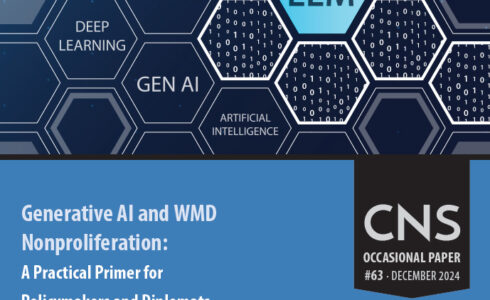
Policymakers and diplomats must urgently develop AI literacy to harness its benefits while safeguarding against potential misuse.
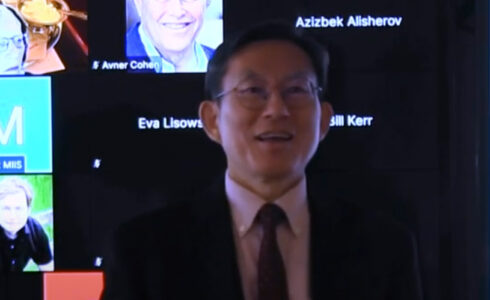
The presentation delves into the complex relationship between nuclear power and nuclear proliferation.
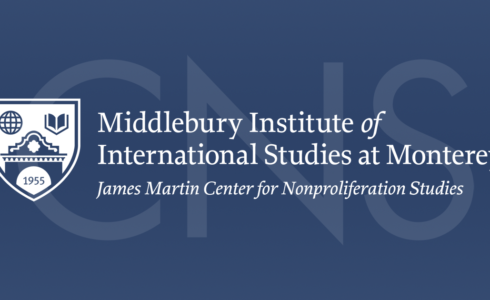
An exclusive interview with Dr. Ryan Stendall, a chemist and AI safety researcher.
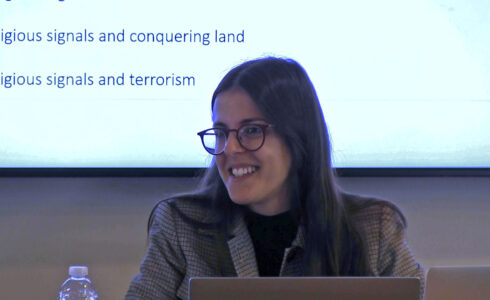
Religious signaling is a growing global phenomenon, particularly in the nuclear realm.
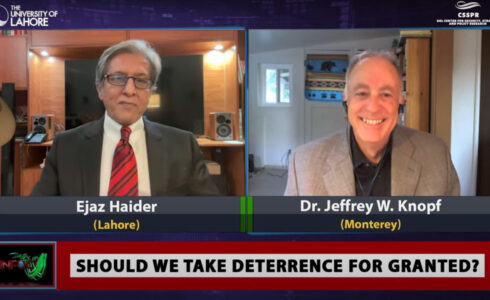
Dr. Knopf discusses how to estimate future risks associated with nuclear deterrence.

Ep.12: China’s Nuclear Modernization with Dr. Fiona Cunningham

Officials in Astana need to focus on meaningful localization if they want Kazakhstan to build a successful civil nuclear industry.
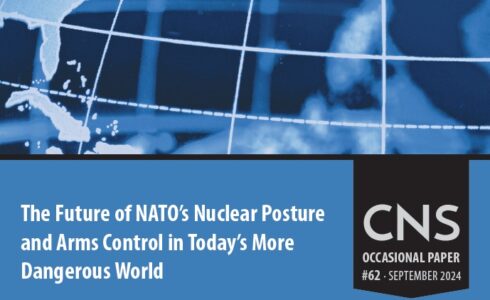
At the present moment, it is hard to see grounds for optimism when it comes to nuclear arms control or risk reduction.